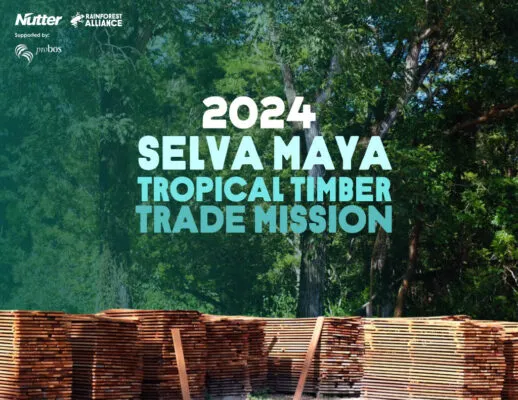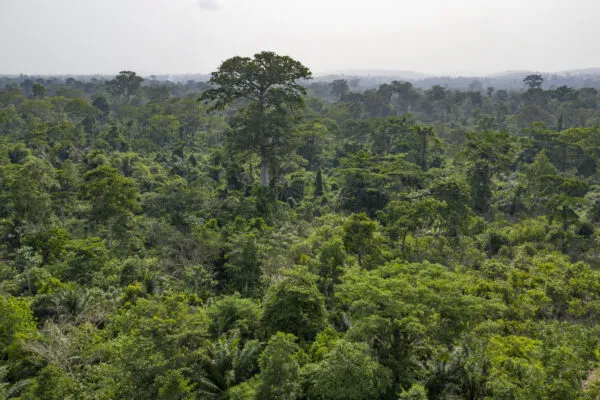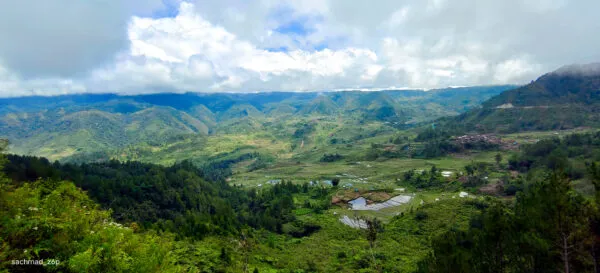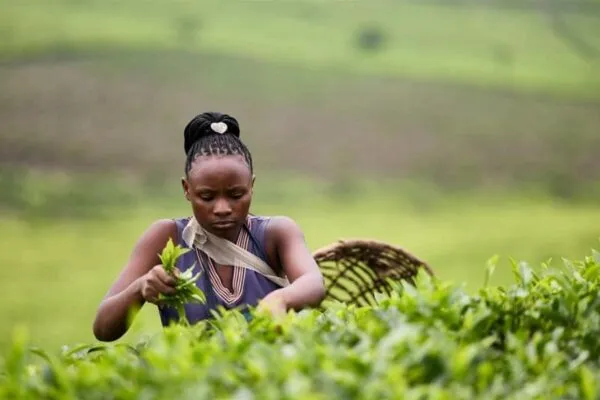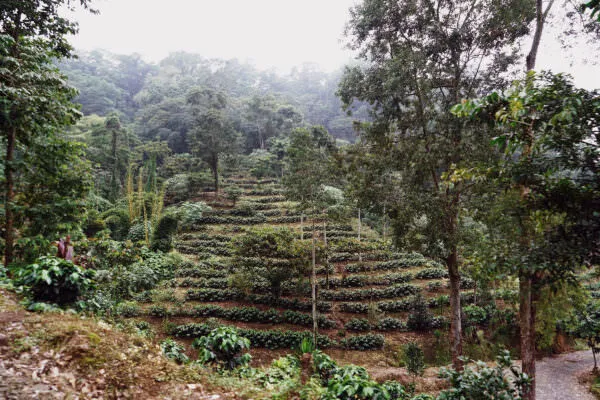Unlocking Tropical Timber Trade: Insights from the Selva Maya Trade Mission 2024
The Selva Maya Tropical Timber Trade Mission 2024 report details a multi-stakeholder initiative aimed at promoting the international trade of sustainably sourced tropical timber from forest communities in Mexico and Guatemala. Building on the 2023 mission, the 2024 edition deepened collaboration between community forest enterprises, timber traders, NGOs, and government bodies. It highlights key activities, […]
